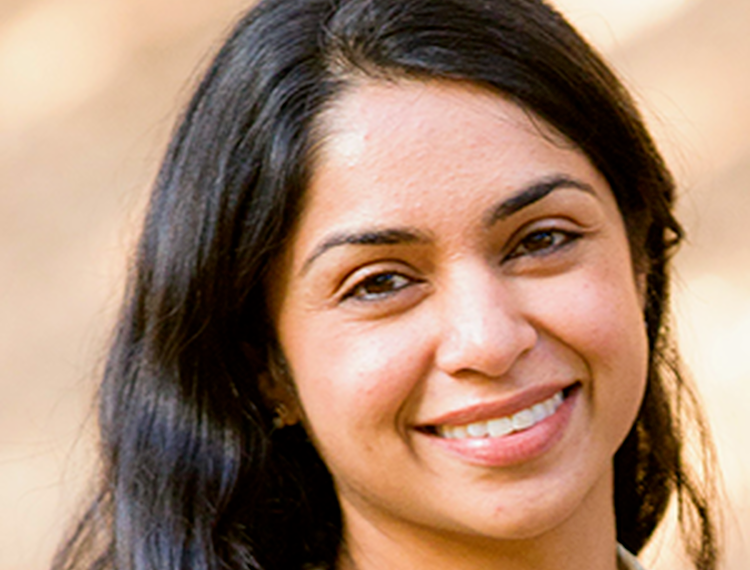Social and emotional learning in education – why is it important?

Aparna Ramanathan, an alumni member of the World Innovation Summit for Education (WISE) Edtech Accelerator, discusses the need for social and emotional learning in education and how Qatar has started to introduce this in the classroom
As young people grow up and their brains change, they are also faced with new ideas and influences that will shape who they become. With the overwhelming impact of technology now, kids today experience this more acutely than ever before.
Today, education systems are increasingly getting involved in these issues, and are expected to provide students with the skills to tackle challenges beyond the classroom. While education systems still need to teach students traditional skills, like language and maths, in order for young people to be successful academically, their other needs must be met too – this includes their social and emotional needs.
Education systems need to go beyond being places that only teach students traditional subjects – they need to teach the whole learner. This is where social and emotional learning (SEL) comes into play.
So what is social and emotional learning and why is it important?
Social and emotional learning is the process of better understanding and using social and emotional skills. Any classroom teacher will tell you that learning only happens in a mind and body that’s ready to receive it. Therefore, addressing children’s social and emotional needs first is essential. This is true now more than ever, given the extreme stresses of the pandemic upon educators and families, and SEL has rapidly taken the spotlight.
Research has consistently proven the plethora of benefits that SEL provides. In fact, it has been proven that when SEL is integrated into school systems it can lead to a 9 per cent decrease in dropouts from secondary school for those aged 15-18, less absenteeism, and an 11 per cent increase in academic performance. Most importantly, it can lead to a 13 per cent decrease in mental health issues in young people. It is seen as being especially beneficial for those from low-income backgrounds with a history of trauma.
Nevertheless, despite the obvious benefits of SEL, its use is still not widespread. The biggest problem lies in implementation, with teachers and school leaders finding it challenging to seamlessly weave SEL into the classroom routine and school culture.
How Qatar is implementing social and emotional learning
At Qatar Foundation, we have made it a priority to support teachers in implementing SEL across our various schools. Administrators and educators have an abundance of SEL curricula to choose from – but our approach is also designed to help them be innovative.
Unlike traditional learning, which is heavily structured, SEL is a lot more flexible and spontaneous, relying on opportunities that arise in the classroom to model behaviour or offer insights to students. Our approach is therefore to help teachers maximise these spontaneous, teachable moments.
We have found that technology has been central to achieving this. We introduced various AI systems into classrooms, and have found particular success with AskMyClass, which uses Amazon’s Alexa smart speaker to play guided social and emotional activities in the classroom. This simple and well-designed resource makes it easy for teachers to access activities to support students socially and emotionally. For instance, for students with anxiety, AskMyClass can offer guided activities such as mindfulness meditation to help them feel less anxious. It is also effective in helping students to settle after physical education or break times.
We also offer SEL mini modules – these are week-long modules on different topics including: growth mindset, empathy, bullying, frustration, integrity, conflict resolution, friendship, and managing stress. Educators report that these mini-modules on common classroom social-emotional issues make it easier to integrate SEL into their classroom routine throughout the week because they require little preparation.
The way forward
The past 18 months have presented emotional challenges for everyone and, for children, the constant disruptions to education and limited social activity have resulted in an increase in emotional and mental health issues. Coupled with the increased pressure children are facing today because of technology, it is essential for young people to be equipped with social and emotional skills. Schools are in the best position to help them develop these skills and we need to see more SEL introduced around the world.
Fostering social and emotional skills from a young age can help shape the people that students become and enhance their ability to succeed in school, careers, and life. We must no longer view education as a formal learning system; it must look at the whole child and focus on educating them in the round.
Aparna Ramanathan is an alumni member of the WISE Edtech Accelerator. She, along with her husband Deepak Ramanathan are the Co-Founders of AskmyClass, an edtech solution focused on enhancing socio-emotional learning with early year education.











Responses